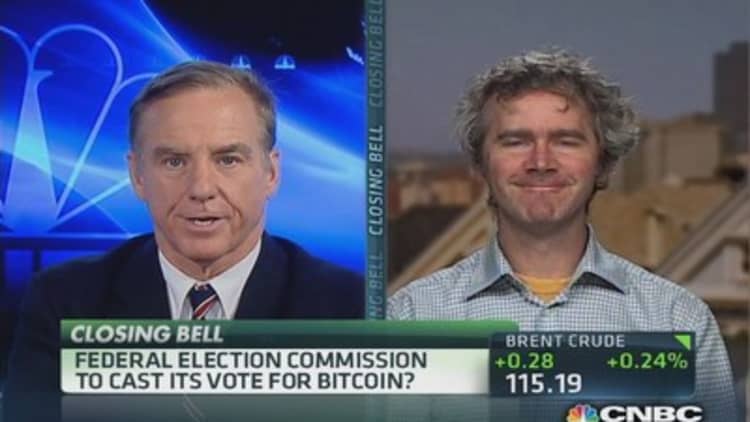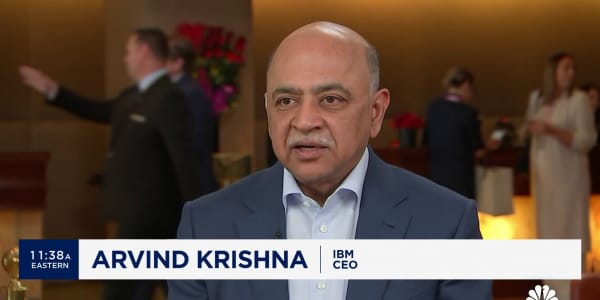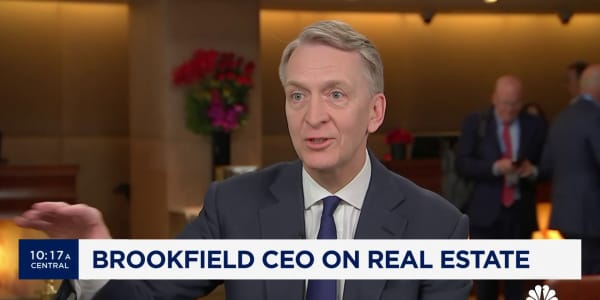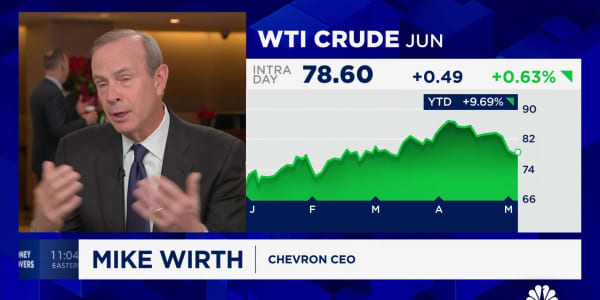One of the odder claims made about Bitcoins that you hear from time to time is that there can't be fractional reserve banking in the electronic currency.
This is supposedly one of the appealing features of Bitcoin because, well, because some libertarian types think that fractional reserve lending is a form of fraud. Murray Rothbard, the great libertarian economist, was probably the most notable proponent of this view.
Here's a pretty typical example:

If you study what Bitcoin can do, you will se that it has real market value that do not go away.
Private transactions.
No government inflation.
No freezing, you own your own money.
Superlow transaction fees.
No cost of holding the coins or getting an address.
No fractional reserve lending possible.
You need to own a Bitcoin to lend a Bitcoin. Which makes it the most real digital currency in the world.
Those are unique properties that cater to real needs that dont go away, this gives the currency real longterm value.
Whatever the merits of the argument, however, it's just not true that there can't be fractional reserve lending in Bitcoins.
Imagine I set up a Bitcoin bank. I offer to store Bitcoins on my secure servers where they are less likely to be lost or stolen than if they're kept on your laptop. Let's say 100 Bitcoin users decide to bank with me, collectively depositing 100,000 Bitcoins. This is accomplished just like every other transfer of Bitcoins.
Now I have 100,000 Bitcoins. Can I lend these out? Of course I can.
I lend them out simply by transferring them to Bitcoin borrowers or just creating Bitcoin deposits in the accounts of the borrowers. I could even require banking with me as a condition for getting a Bitcoin loan, which would mean that I don't even need to transfer the Bitcoins when I make a loan. A transfer would only become necessary when depositors or borrowers draw down their accounts.
(Read more: Bitcoin bubble)
How many can I lend? That would depend, of course, on my expected liquidity needs based on withdrawals by my customers. I only need to keep as many Bitcoins as my customers will withdraw. The rest can be lent.
Let's say I lend out 90,000 Bitcoins and every single one of those loans begins as a data entry in my banking spreadsheet. I now have deposit accounts with 190,000 Bitcoins and I'm in possession of 100,000. Since I don't think my customers are likely to withdraw more than half of their Bitcoins, I can afford to lend out far higher amounts.
If I think that I'm only likely to have to be able to transfer about 5 percent of the deposits on any day, I can lend one million Bitcoins and still have a 5 percent contingency cushion.
(Read more: Winklevosses tout Bitcoin)
This might strike you as unrealistic.
Most likely many of the borrowers of Bitcoins would want to spend them right away. Let's say that they spend them with people who are not customers of mine, so that I actually have to make the transfers and don't get any of the Bitcoins back in the form of deposits. This would limit my ability to safely lend to merely 90,000 Bitcoins with a 10 percent reserve of 10,000.
Notice, however, that either way I'm still a fractional reserve bank.
There's nothing about Bitcoin that means you can't have fractional reserve banking.
Follow me on Twitter @Carney






